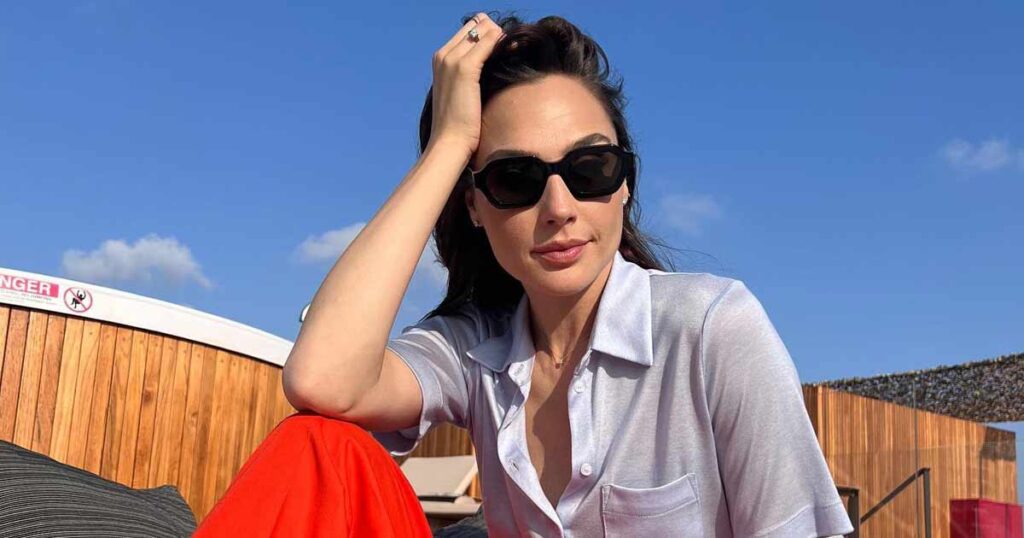Gal Gadot‘s casting as Cleopatra sparked controversies on race and representation in Hollywood. Her 2020 announcement resulted in excitement and echoed criticism from past portrayals, notably Elizabeth Taylor’s in the 1963 Cleopatra—while Netflix’s Queen Cleopatra faced backlash over its casting choices.
The anticipation surrounding Gadot’s Cleopatra was palpable. Teaming up with filmmaker Patty Jenkins and screenwriter Laeta Kalogridis, she wanted to tell Cleopatra’s story from a woman’s perspective. The project saw delays, but Gadot remained optimistic. She told Flaunt, “It’s a big task. I don’t want to [rush] making it— it needs…so much thought and care because it’s Cleopatra.” Her commitment to portraying the queen with the depth she deserved was evident.
However, the project was in development limbo, losing director Patty Jenkins and shifting from Universal Pictures to Paramount in 2022. Gadot confirmed in 2021 that the script was complete, but the film hadn’t started shooting yet. Promotional images trickled out, but no release date was in sight. Frustrating? Absolutely! Fans were left eagerly waiting for more news.
Only Gadot was confirmed as the cast, creating further speculation. With Keri Skogland stepping in as director, the crew appeared solid. Yet uncertainty loomed about the story itself. Though details were sparse, the film was expected to cover Cleopatra’s ascent to the throne, her alliances with Julius Caesar and Marc Antony, and the dramatic fallout of their tragic love stories.
Despite the enthusiasm, the casting drew criticism for its supposed whitewashing. Many felt an Egyptian actress should embody Cleopatra. Gadot faced this head-on, clarifying her heritage. “If you want to be true to the facts, then Cleopatra was Macedonian,” she told BBC Arabic. Her response highlighted a common misconception: Gadot, an Israeli actress of Ashkenazi Jewish ancestry, was perceived as perpetuating Hollywood’s tendency to overlook diversity.
Amid the uproar, Gadot promised a fresh take on the legendary queen. She aimed to highlight Cleopatra’s intelligence and strategic mind, not just her allure. “We’re going to show not just how sexy and appealing she was, but how strategic and smart she was,” she stated in InStyle. This new angle sought to showcase Cleopatra’s lasting impact on history rather than reduce her to mere beauty.
The challenges of telling Cleopatra’s story persisted. Historical records indicated she was of Macedonian Greek descent, yet rumors swirled about her African lineage. This complexity fueled ongoing debates about race and identity in adaptations of her life.
Gadot’s dedication to presenting a nuanced portrayal remained unwavering. With each new development, the anticipation grew, and while the controversy was loud, it underscored a crucial conversation about representation and storytelling in Hollywood. As she put it, “I was very passionate about Cleopatra,” a sentiment that echoed many who sought a more inclusive approach to the silver screen.
In the end, the story of Cleopatra—filled with intrigue, power, and tragic love—remained a hot topic. Gadot’s journey to bring this complex character to life promised to be as captivating as the queen herself. Fans eagerly waited for the day they would finally see her vision realized on screen.
For more such updates, check out Hollywood News.
Follow Us: Facebook | Instagram | Twitter | Youtube | Google News

